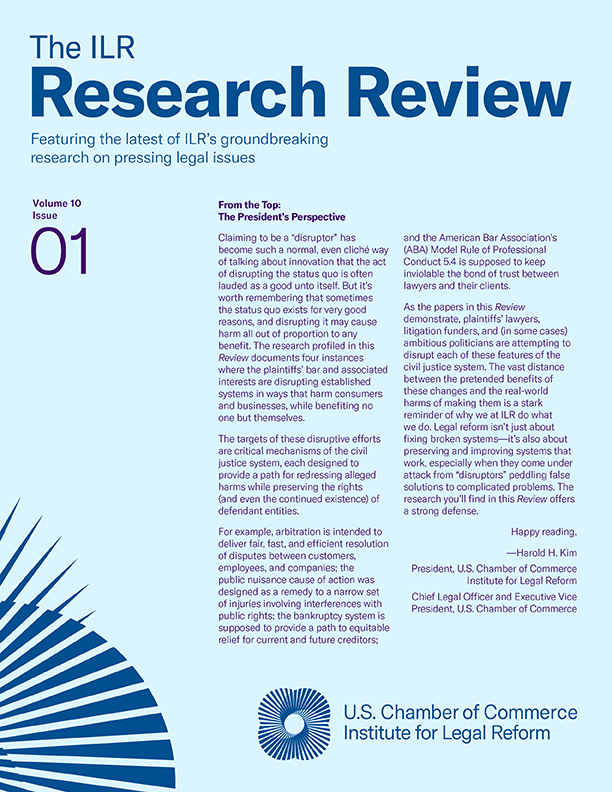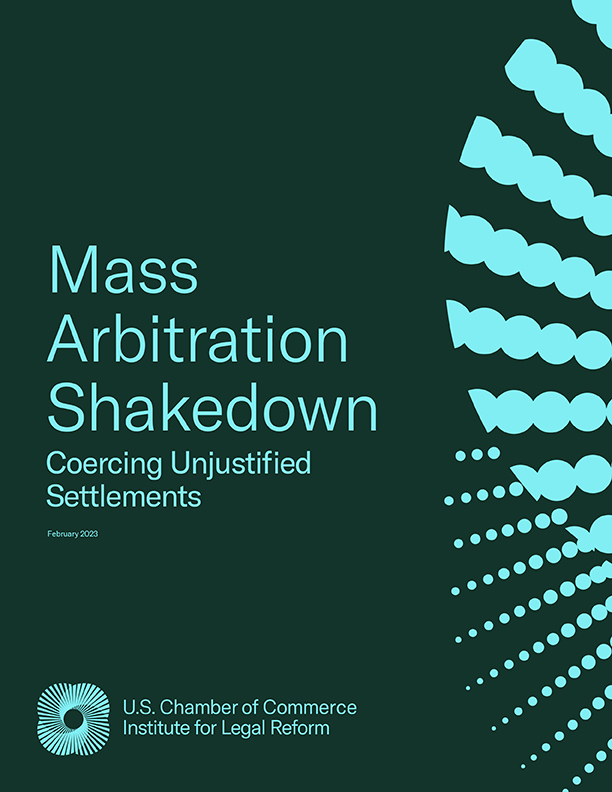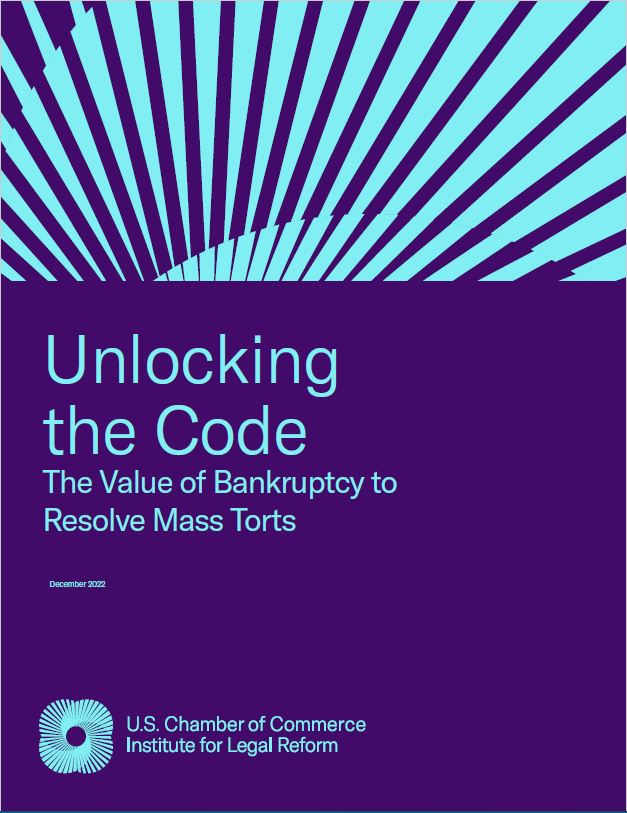Expert testimony is often crucial in complex civil cases. A ruling on whether an expert’s proposed testimony is admissible may mean the difference between the dismissal of thousands of product liability cases and a multibillion-dollar settlement. A series of U.S. Supreme Court decisions, starting with the Court’s 1993 ruling in Daubert v. Merrell Dow Pharmaceuticals, require judges to serve as “gatekeepers” for expert testimony, scrutinizing not only the qualifications of an expert but whether his or her testimony is reliable and fits the facts of the case. Federal Rule of Evidence 702 was then amended in 2000 to reflect the Daubert line of cases and to clarify and strengthen the applicable standard.
State courts have slowly but steadily transitioned to the Daubert standard, amended their rules of evidence to match Rule 702, or both. But some courts do not fully and consistently apply these rules. The lack of appropriate judicial scrutiny can (and often does) result in the admission of “shaky” expert testimony, bringing immense pressure on defendant companies to settle, even if they feel they have a strong case.
Fact or Fiction outlines the state of expert evidence standards around the country, explores key issues and concerns supporting a more universal adoption of Daubert and further amendment of Rule 702, and offers recommendations for promoting these changes.



